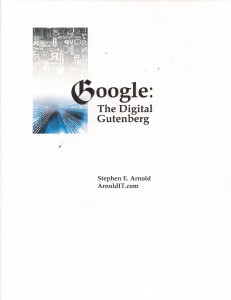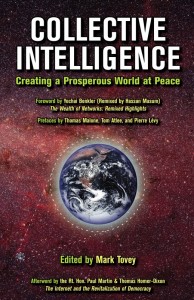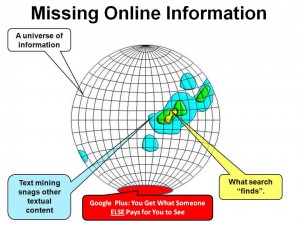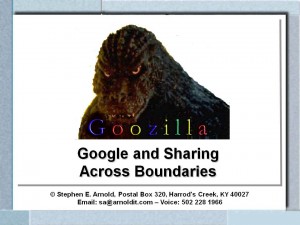
To begin on a positive note: Google has both computational mathematics that are out of this world, an order of magnitude better than anything IBM or the other usual suspects can muster, and it has cracked the cloud storage and heat and throughput issues in a way that is now an almost insurmountable barrier to entry for corporations (China and India are emergent and Brazil and Russia might have some anti-Google surprises in the making).
Google lacks human and intelligence-oriented leadership, and suffers from the usual problems associated with a bureaucracy that grew too fast on the fantasy cash from credulous investors. “Zooglers” is the term of art now used for Google people that have vested and leave to create new capabilities that “surf” on Google while doing things the Google bureaucracy could not countenance as an internal active.
Then there is evil Google. Click on the Google Evil-Bad Google logo for a page of links, or choose from among the links below. We know Larry Page personally, through the Silicon Valley Hackers Conference. He is a nice person, an engineer, with zero ethics in the sense that dorks do not know anything about etiquette. Eric Schmidt is the new monopolist in town, and Eric Schmidt has absolutely zero interest in the public interest.
Continue reading “Journal: Google digital evil or digital child?”











